Forse veranderingen in Roemeens politiek landschap na verkiezingen Europees Parlement
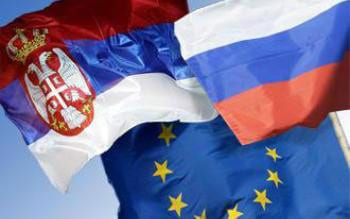
De opkomst was groot op 26 mei, bijna 50 % van de Roemenen ging stemmen. De grootste coalitiepartner, PSD, heeft ruim 23 % van de stemmen gekregen, ongeveer de helft ten opzichte van de vorige nationale parlementsverkiezingen. Een samenwerkingsverband van twee nieuwe partijen die voor Europa en tegen corruptie zijn, is op bijna 20 % uitgekomen. De liberale partij PNL is de grootste geworden met bijna 27 %.
Lou kijkt mee bij de FMS
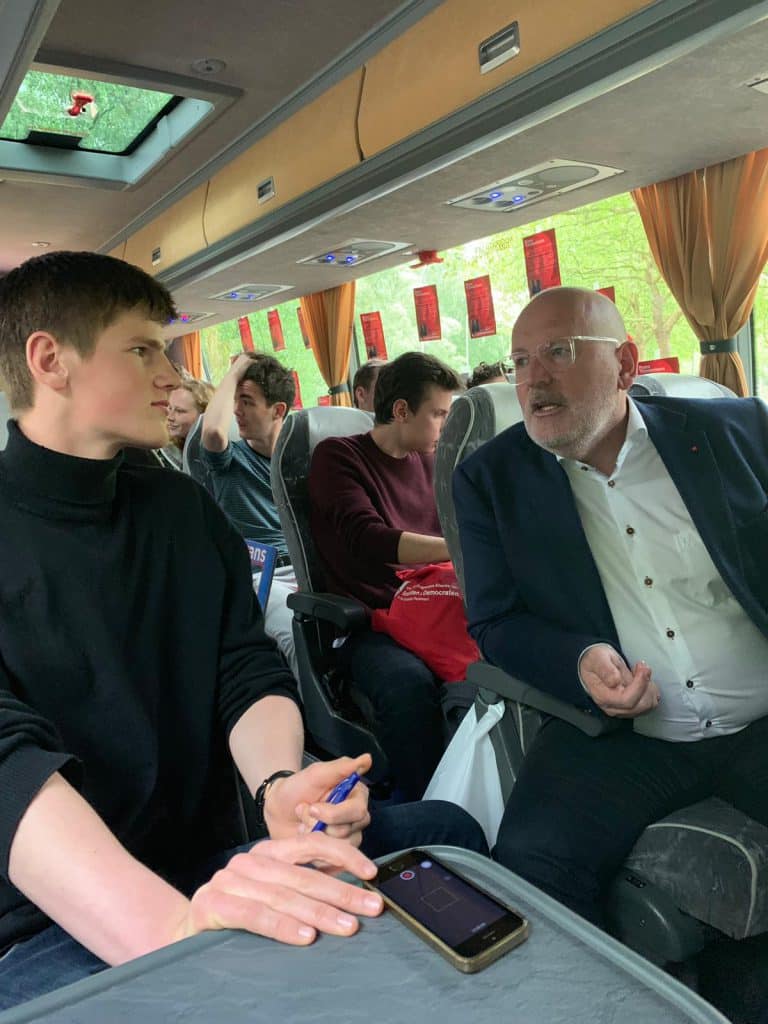
Hallo allemaal, mijn naam is Lou Boshart en ik zit in mijn vijfde jaar VWO. Afgelopen twee weken heb ik bij de Foundation Max van der Stoel (FMS) meegelopen als snuffelstagiair. Na mijn eindexamen ben ik van plan Geschiedenis te gaan studeren in Utrecht, met in de verre toekomst het plan ook nog een master Internationale Betrekkingen te doen. Mijn oom, die bij de VN werkt, adviseerde mij om bij een NGO stage te lopen gezien mijn interesse in internationale politiek. Zodoende kwam ik bij FMS terecht.
Sudan: protests, a coup d’état and the role of woman
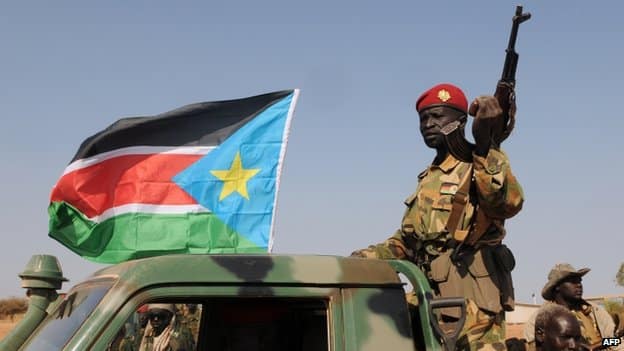
Since December 2018 a rising amount of protests have been taking place in the country of Sudan. This started off as a reaction to the president’s decision to raise taxes on food and petrol and a protest against low living standards. This quickly evolved into larger protests against the president and his regime, eventually even resulting in a military coup d’etat last month. Former president Omar al-Bashir was arrested. To this day, protests are still happening and have evolved into a place for the Sudanese people to come together and decide over their own future.
Fotoverslag Future Leaders training
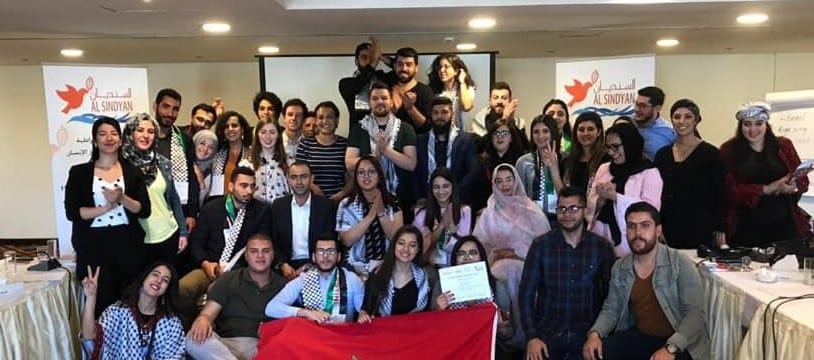
Afgelopen weekend was het zover: de start van een nieuwe cyclus van het Future Leaders project voor politieke activisten uit het Midden-Oosten en Noord-Afrika. Meer dan 30 deelnemers uit Marokko, Tunesië, de Palestijnse Gebieden, Libanon en Jordanië kwamen naar Amman voor een intensieve 3-daagse training in sociaaldemocratie, campagne, politieke communicatie en debatteren.
Vrouwelijk leiderschapstraining in Armenië
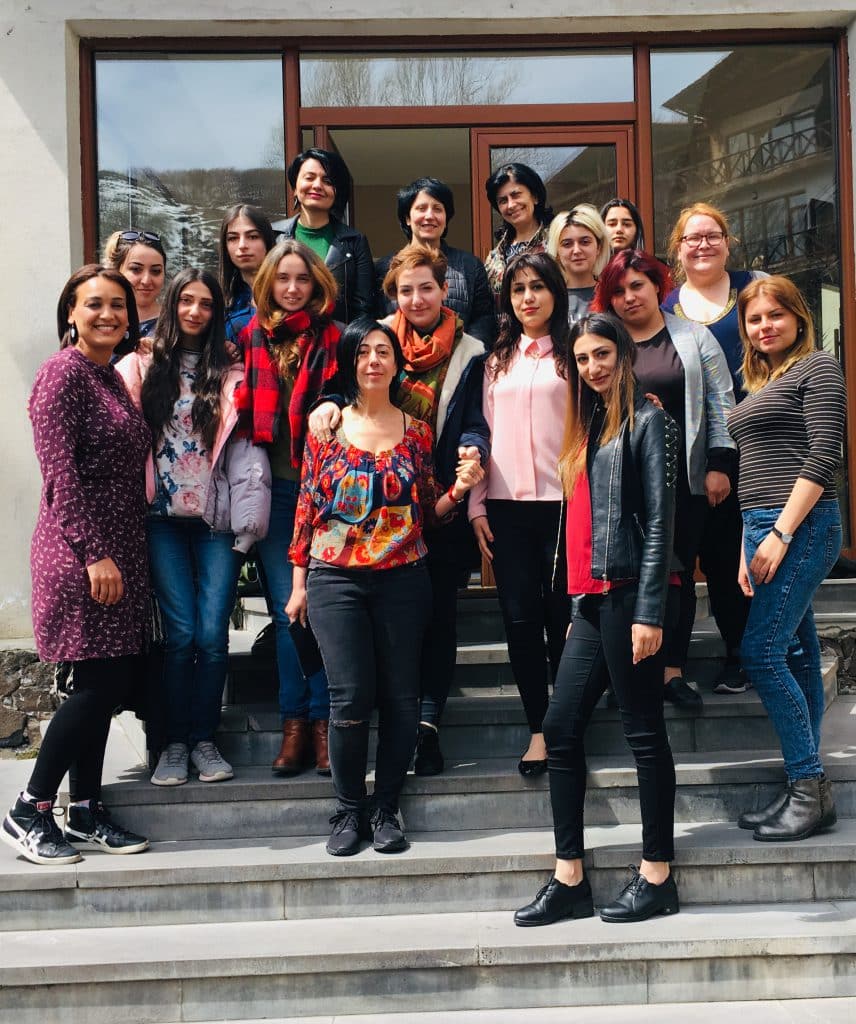
Vorige week organiseerden we een training in Armenië, samen met Women in Europe for a Common Future (WECF). Het is moeilijk voor Armeense vrouwen om door te dringen tot leiderschapsposities in de politiek, door heersende stereotypes en een relatief conservatieve maatschappij. Deze training was bedoeld om een groep talentvolle jonge vrouwen de nodige vaardigheden te geven die ze kunnen inzetten tegen deze obstakels en elkaar kunnen helpen.
Kom jij het FMS-team versterken?

We zijn weer op zoek naar stagiair(e)s! Heb jij affiniteit met internationale politiek en wil jij weten hoe het er bij een politieke organisatie echt aan toe gaat? Solliciteer dan nu voor een van de drie stageplekken die we aanbieden.
Politieke nieuwkomers: golf van verandering in Oost-Europa?

Al jaren hebben we het over de opkomst van nationalisme, conservatisme en nativisme in Europa. Zou het kunnen dat daar nu een tegenbeweging komt? Een aantal nieuwe leiders in Centraal- en Oost-Europa laten wellicht een nieuwe trend zien. Meer weten? Lees hier alles over in het stuk van onze Oost-Europadeskundige Marina Ohanjanyan!
Elections in Ukraine: All You Need To Know
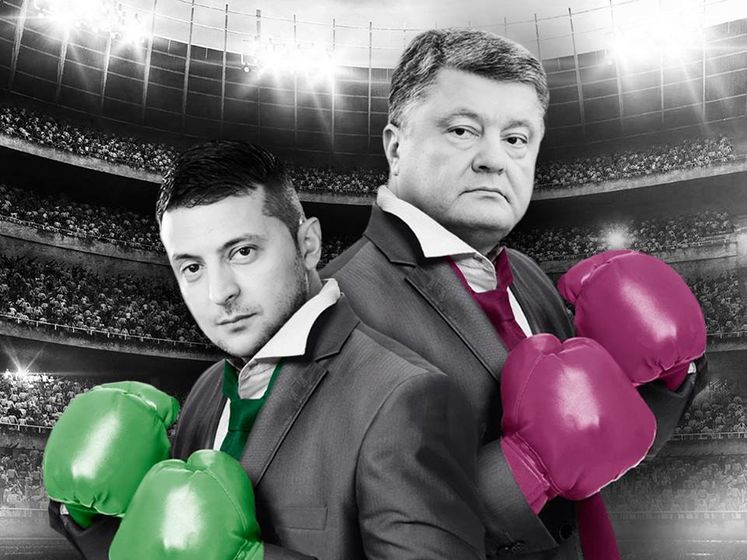
Ukraine is in the midst of an electoral campaign. Volodymyr Zelenskiy and Petro Poroshenko, who received the biggest number of votes in the first round of presidential elections, are actually close to the finish line. However, the electoral campaign becomes more and more interesting. Candidates focus on show and action, sometimes forgetting about their own programs and ideas.
What is happening in Ukraine, what is this struggle about and who will win – Vitaliy Tysiachnyi, coordinator of the Social Democratic Platform in Ukraine, explains.
Get involved! Women empowerment in Morocco
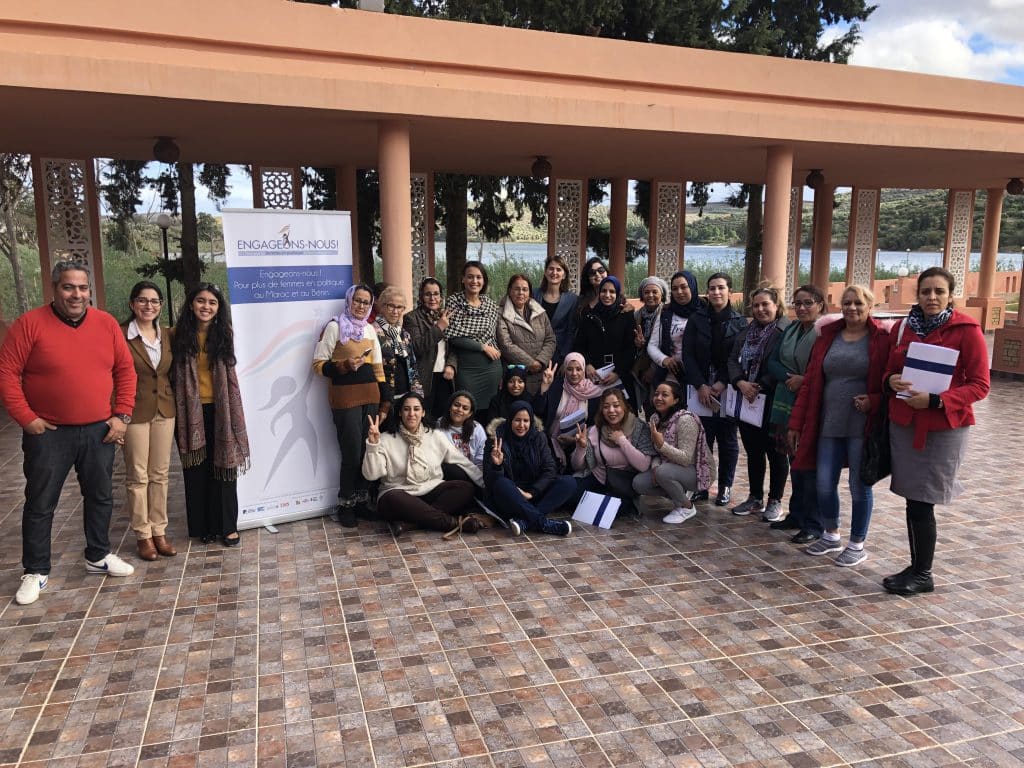
Heb je tijdens de afgelopen Provinciale Statenverkiezingen een van de verkiezingsdebatten gekeken? Dan is het je vast opgevallen: heel veel mannen in pak. We kennen in Nederland op dit moment maar een paar vrouwelijke partijleiders. En dat niet alleen: vrouwen bezetten slechts 46 van de 150 Tweede Kamerleden, zijn ondervertegenwoordigd in topposities en worden in dezelfde functies nog altijd minder betaald. Gelukkig bestaan er veel projecten om dit te veranderen. Een bekend voorbeeld is ‘Stem op een Vrouw’, een initiatief om de politieke emancipatie en representatie van vrouwen te bevorderen. Hierdoor werden afgelopen verkiezingen 42 vrouwen verkozen met voorkeursstemmen. Maar nog steeds valt er een wereld te winnen, terwijl vrouwen zich al meer dan honderd jaar verkiesbaar mogen stellen.
North Macedonia catching the EU train
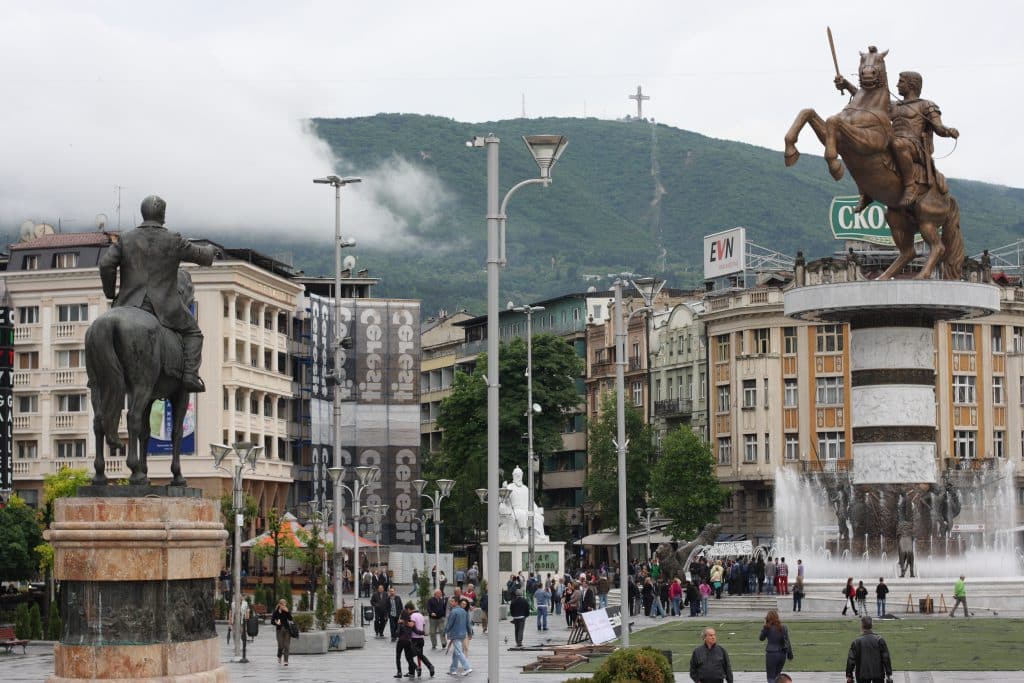
On the 6th of March Foundation Max van der Stoel joined a roundtable discussion at the FES EU Office in Brussels: North Macedonia and Greece after the Prespa Agreement. This Agreement settled the name dispute between Greece and (now) North Macedonia and paved the way for Euro-Atlantic integration. The discussion covered both the lessons that could be learned from this process as well as expectations for the relations between North Macedonia and Greece after signing the Agreement.

